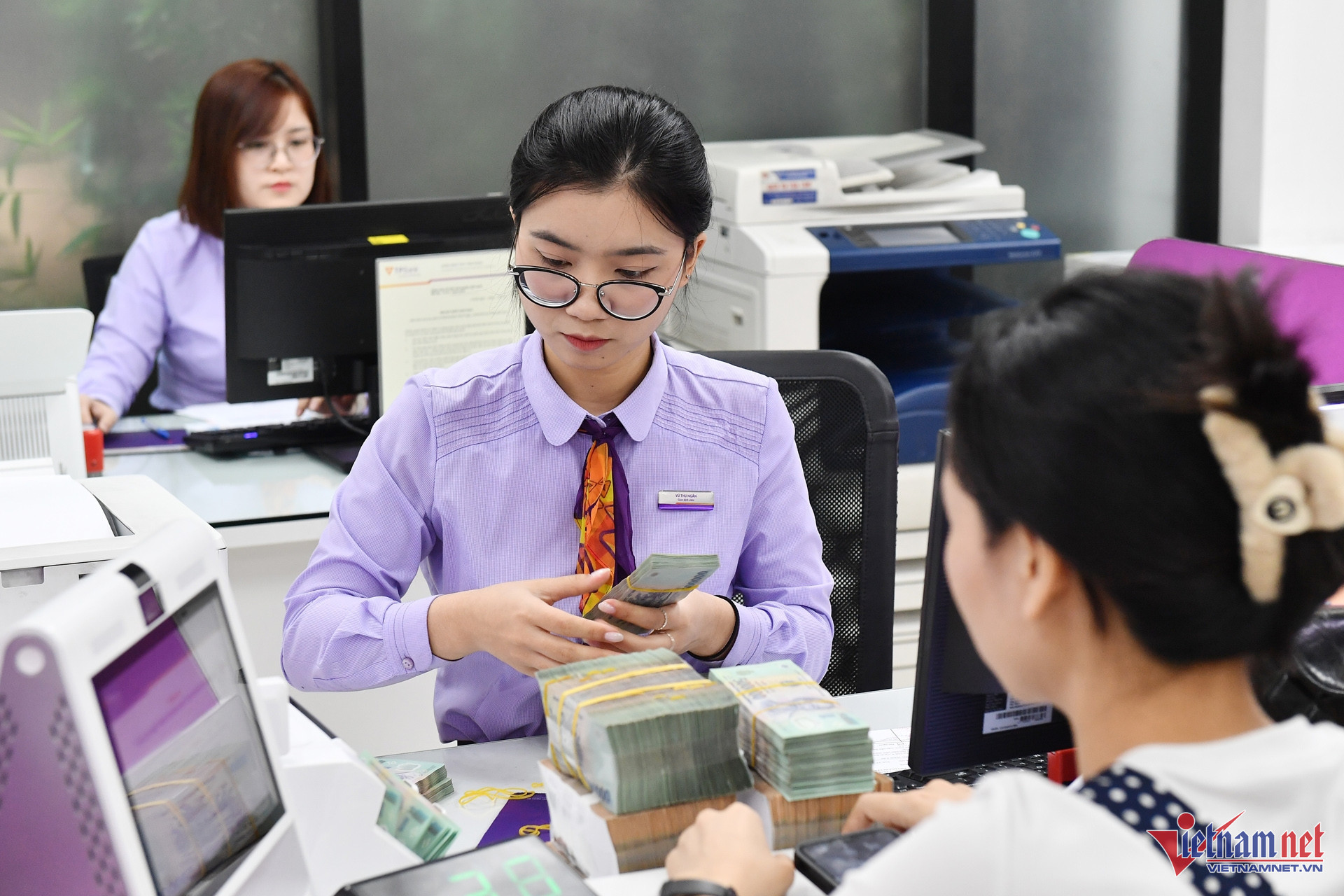
SBV Deputy Governor Pham Quang Dung said at a recent event that the bank is regulating credit in a proactive and flexible way, helping businesses and people access bank credit.
While continuing to allocate credit growth rate quotas to commercial banks every year based on macroeconomic performance and banks’ operations, the central bank is designing a roadmap to gradually remove the credit growth rate quota allocation scheme as requested by the National Assembly and the government.
Economists, who agree with the National Assembly and government on the need to remove the quota allocation scheme, stressed that the removal will allow banks to design their business plans. Meanwhile, the watchdog agency can use the regulation on compulsory reserves as a tool to prevent credit from growing too hot.
Banks’ second quarter financial reports showed that eight banks had a credit growth rates of over 10 percent as of June 30 and are expecting a credit growth rate limit lift, including NCB (16 percent), LPBank (15.2 percent), HDBank (13 percent), Techcombank (12.9 percent), ACB (12.8 percent), MSB (11.4 percent), NamA Bank (10.7 percent) and VietBank (10.2 percent).
SBV earlier this year decided that the credit growth rate limit of the whole banking system in 2024 would be 15 percent; credit growth rate quotas were allocated at the beginning of the year.
More recently, SBV said on August 28, banks which had credit growth rates of 80 percent of the rates allocated before could raise their outstanding loans.
In May 2024, Ha Sy Dong, a National Assembly Deputy, requested to stop the credit growth rate limitations. The scheme is used to control inflation and stabilize the macroeconomy, but the imposition of credit limits leads to the ask-and-grant scheme, which affects the operation of the market economy.
Regulatory interest rates are a tool used by SBV to help regulate financial activities, promote the economy and support production. SBV can adjust the interest rates when necessary to reach the goals set in different periods.
Le Xuan Nghia, a respected economist, said other countries are controlling credit and inflation with systematic safety ratios, such as ROA (return on assets), ROE (return on equity) and CAR (capital adequacy ratio)
The National Assembly, in its Resolution 62/2022 released at the third session of the 15th NA, requested the government to restrict the application of the scheme before completely stopping it.
Tuan Nguyen